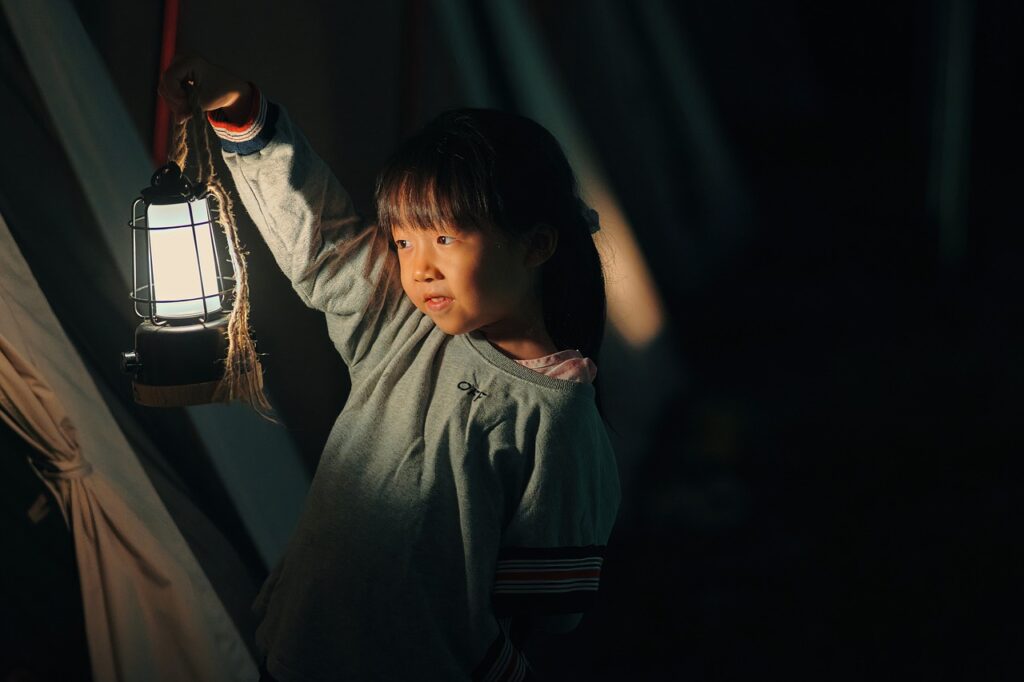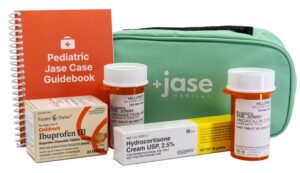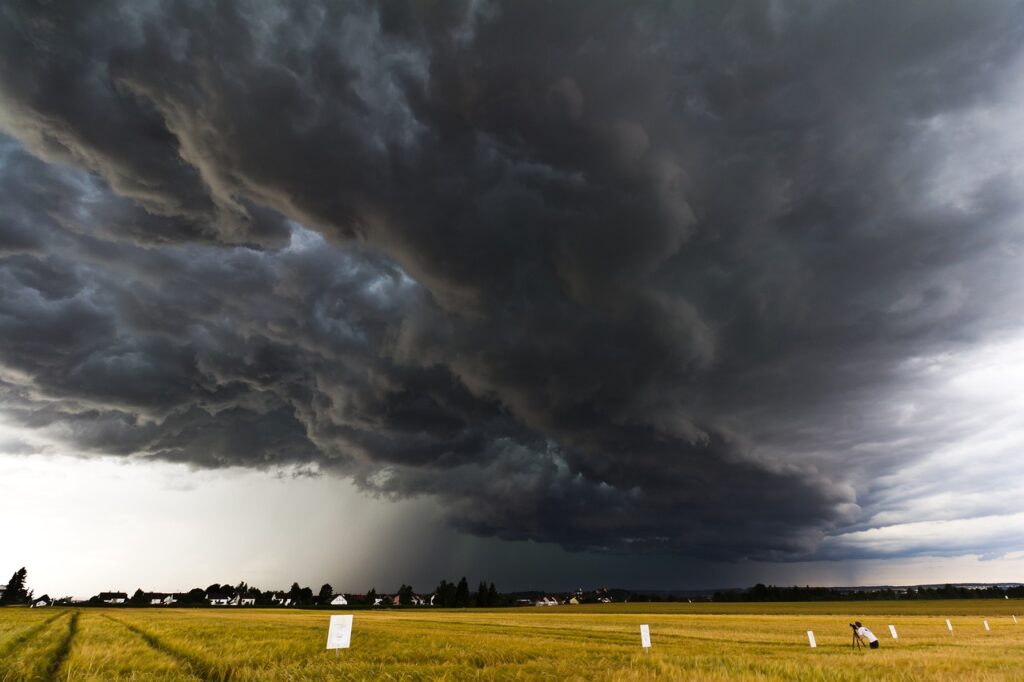Teaching your children about preparedness can be a powerful way to build resilience, responsibility, and a sense of security. It’s not about creating fear but about empowering your child to be ready for whatever life throws their way and that they are an integral part of the family preparedness team.
Why Teach Your Kids About Preparedness?
- Builds Confidence: Understanding they can handle challenges fosters self-reliance. They become more self-assured, assertive, and aware.
- Teaches Responsibility: Involvement in family preparedness creates a sense of ownership.
- Enhances Problem-Solving Skills: Learning to think critically about potential challenges is invaluable, and it gives kids the confidence to trust their judgment and intuition.
- Strengthens Family Bonds: Working together towards a common goal deepens connections.
Age-Appropriate Preparedness Activities
- Toddlers and Preschoolers:
- Introduce basic safety rules: stranger danger, fire safety, and emergency contacts.
- Practice emergency drills like hiding under a table during a storm.
- Teach them about helping others and sharing resources.
- Elementary Schoolers:
- Explain the concept of disasters and how to prepare for them.
- Create a family emergency plan and discuss evacuation routes.
- Teach basic first aid skills like bandaging and treating minor cuts.
- Involve them in creating a family emergency kit.
- Encourage interest in hobbies and classes that boost confidence and safety, such as karate.
- Teenagers:
- Discuss more complex emergencies like power outages and civil unrest.
- Teach survival skills like fire building and water purification.
- Take a First Aid/CPR/AED class with them.
- Take a self-defense course together.
- Explore emergency communication methods and online resources.
- Encourage them to develop independent preparedness plans.
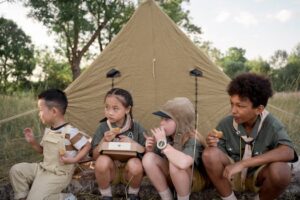
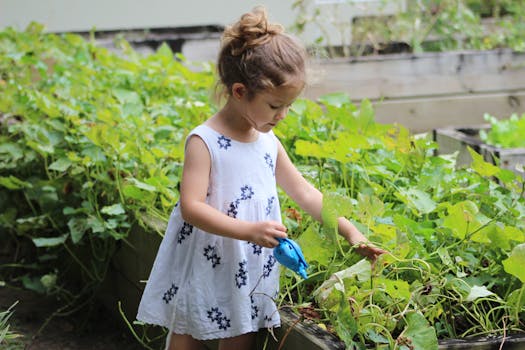
Making Preparedness Fun
Prepping is serious, but it doesn’t have to be intense. Use your creativity to incorporate prepping into family activities.
- Family Preparedness Night: Turn it into a game with quizzes, puzzles, or challenges.
- Outdoor Adventures: Incorporate preparedness skills into camping or hiking trips. Take outdoor bush-craft classes that teach basic survival skills.
- Community Involvement: Volunteer for disaster relief organizations together.
- Read Together: Find books or stories about overcoming challenges.
Essential Preparedness Skills for Kids
- Communication: Teach clear and calm communication in stressful situations.
- Problem-Solving: Encourage critical thinking and creative solutions.
- Self-Reliance: Build confidence in their ability to care for themselves.
- Cooperation: Emphasize the importance of working together as a family.
Remember, the goal is not to create anxiety but to empower your children with knowledge and skills. Making preparedness a family affair builds a strong foundation for a resilient and confident future.
Sick kid. Pharmacy closed. Now what?
Be prepared and avoid shortages with a supply of medications and easy online access to medical experts. Click here or the pic to get your Pediatric Jase Case!
https://jasemedical.com/useful-info/common-back-to-school-illnesses
https://www.redcross.org/get-help/how-to-prepare-for-emergencies/teaching-kids-about-emergency-preparedness/prepare-with-pedro.html
https://www.redcross.org/take-a-class/first-aid/first-aid-training
https://theprovidentprepper.org/raising-confident-self-reliant-kid-preppers-14-essential-skills/
https://www.allprodad.com/planning-preparation-skills-teach-kids/

